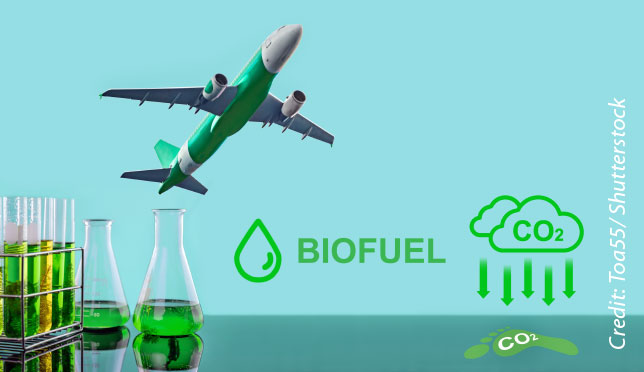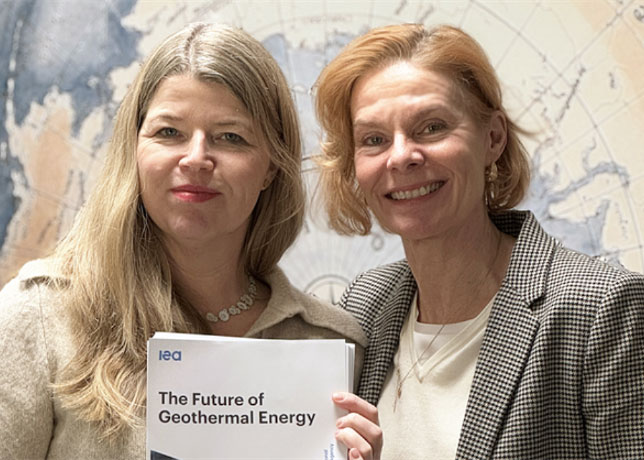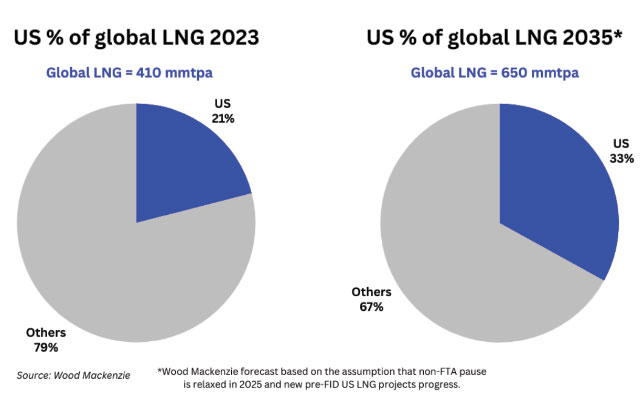
 EU industries pay 2-3 times more for power, with 23 per cent in taxes
EU industries pay 2-3 times more for power, with 23 per cent in taxes
Governments hunting for ways to aid Europe's struggling industries should take aim at the continent's high energy taxes, which are eroding competitiveness, the head of Europe's electricity lobby told Reuters.
The European Union (EU) is drafting a package of measures to support flagging industries, due early next year, as manufacturing giants from automakers to steel firms warn of plant closures and thousands of job losses.
Leonhard Birnbaum, President of industry group Eurelectric, said the woes of Europe's energy-intensive industries are many, including a more fragmented market than China and difficult access to credit - but that policymakers seeking to offer fast relief should "rip out " from energy prices any costs unrelated to the industry's structure.
"We appreciate that states always need more money, but if you really want to electrify then you can't have, for example, an over-proportional tax burden on electricity compared to the tax burden on gas," Birnbaum, who is also the CEO of German utility E.ON, told Reuters in an interview.
"If we are serious about cost competitiveness, if we're serious about electrifying, if we're serious about decarbonising, I think we need to act on this," he said.
EU industries pay power prices 2-3 times higher than those in the US Taxes made up, on average, 23% of the retail electricity price paid by Europe's energy-intensive firms in 2023, analysis by the think-tank Bruegel showed.
But many of these levies are imposed by national governments, and outside of the EU's control. Negotiations among EU countries on a proposal to rejig EU tax rules in favour of cleaner energy sources have been stuck since 2021.
The EU will publish a plan on affordable energy prices early next year. But with the tax changes stuck, and a recent EU power market reform still being introduced by national governments, some diplomats questioned what else Brussels can offer.
A senior official from one EU country said cutting taxes would provide only "limited" help, and broader measures were needed to help European industries compete with China - for example, EU rules requiring public procurement to buy locally-made, greener products.
"We have trade policy tools, we have competition policy tools... We need to see a larger context," the senior official said.
Wholesale power prices in Europe last month climbed to their highest levels in over a year, although they remain far below their peak in 2022, after Russia invaded Ukraine and slashed gas deliveries to the EU.











































































